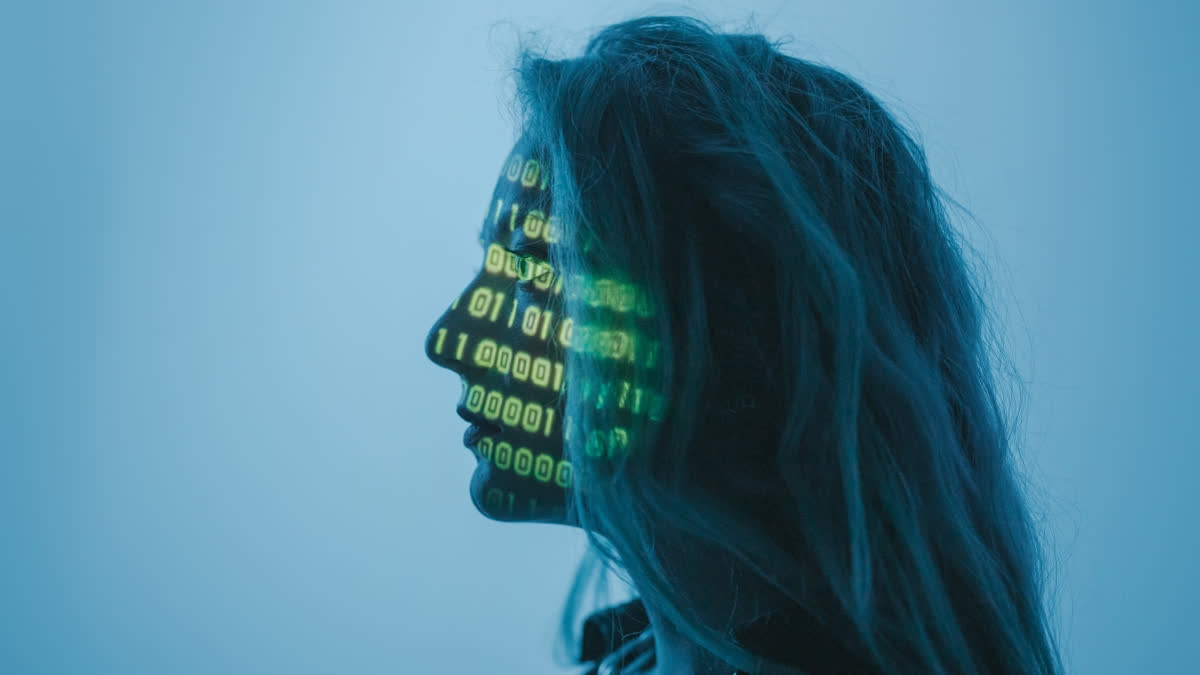Tokyo (Japan): Even tech experts have been astonished by the recent, rapid growth of AI technology, able to hold human-like conversations in multiple languages, create music and pass medical exams. While the potential benefits of AI in fields such as healthcare are indeed inspiring, the pace of change is rapid, and there is still lots of uncertainty about the future.
If you feel worried about how AI could affect your career, your privacy or your safety in the coming years, you might be experiencing AI-nxiety. This term, coined by a marketing agency and spreading on social media, describes the uneasy feeling about the effects of AI on human creativity and inventiveness.
Anxiety disorders are often related to difficulty coping with uncertainty and ambiguity. People feel anxious not just about what exists, but what is unknown. AI-nxiety stems from feelings of uncertainty about AI's potential, for example, to create fake videos and spread disinformation that polarises populations.
Some AI-produced content can also provoke a negative emotional reaction in viewers. This unsettling feeling when an AI character or voice is eerily close, but not quite, human is known as the uncanny valley. It might help to remember that these feelings aren't necessarily new. Similar worries about technological advancements, such as computerphobia, computer anxiety and technostress emerged as early as the 1980s.
In many ways, AI-nxiety is similar to the eco-anxiety that many young people feel about climate change. Like environmental degradation, rapid digitalisation is a result of human activity. Many people are now feeling that both of these are getting out of their control. But AI-nxiety doesn't have to rule your life. Excessive worry can affect daily activities, and even lead to other medical issues, and can stop you from seeing the positives of digital advancement. Below are three tips to cope.
1. Realise AI is already here:Lack of familiarity with AI technology could prompt feelings of fear and anxiety towards it. Taking a moment to think about how AI is already part of our lives might make the new tools that are employing similar algorithms less intimidating. For example, many people use Apple's Siri to look for nearby restaurants or select a film based on Netflix's recommendations. AI is also part of learning new languages with Duolingo, or using Google Maps to navigate a new city.
